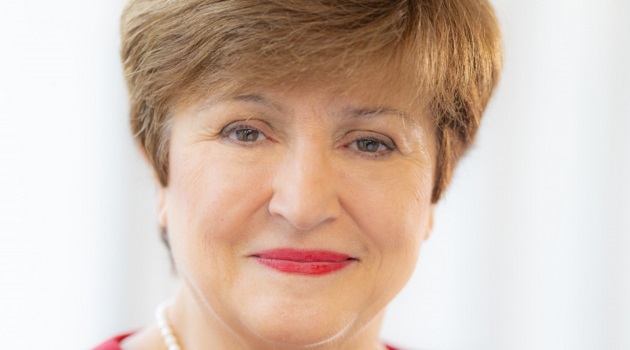
Governments across the globe are currently focused on dealing with the deadly COVID-19 with all resources- both human and monetary trying hard to save lives and curb its impact.
The resultant impact on economic health of the countries, mental health of the people and the overall healthcare system is too high a price to pay. Could this have been avoided?
Another question could be – What lessons do we learn from this? Let’s find out.
Clear Absence of Strategy to Deal
An important reason why the governments have to ignore economic issues and focus only on dealing with the current crisis is their lack of preparedness to deal with such a deadly problem.
Despite warnings from several epidemiologists and world leaders about a possible threat from killer viruses or bioweapons, no significant planning or fund allocation was done by any country for it.
And the absence of any strategy to deal with such threats is primarily the reason behind large scale deaths in several countries like the US, Spain and Italy.
America, now the coronavirus world leader, just crossed 1,000,000 confirmed cases—it didn’t have to be this way.
In UK, the British Prime Minister, Boris Johnson, missed five emergency meetings in the early stages of the coronavirus pandemic.
These were missed opportunities to get on the front foot in late January and throughout February, officials in London say.
Plan Recognized but Not Implemented
Former US President George Bush in 2005 first talked about having a national strategy to deal with mysterious ailments like plague and influenza that could prove to be catastrophic.
He highlighted the need to develop the country’s most comprehensive pandemic plan covering areas like a global early warning system, fund allocation for development of new vaccine and adequate supplies of critical products such as face masks and ventilators.
But the plan was shelved in a couple of years due to other priorities and crisis.
Again, the Director of National Intelligence in the US has been including the threat of pandemics and other health hazards in their threat assessment list since 2009, but little was done to prepare and prevent the same.
Reactionary Policies to Advance Preparations
It is only when an epidemic actually occurs that the governments gear up to combat their spread and in the process spend much more than what would have been required to prevent or be prepared to deal with such threats.
There is need to change the policy from being reaction oriented to preparedness-oriented. The current focus on dealing with the pandemic while ignoring normal health services including vaccination and surgical procedures may prove to be highly costly.
Government Advisory to Avoid Hospitals
In India as well as several other countries including the United States, hospitals were advised to postpone all non-emergency surgeries and operations with people also being advised to stay home avoid going to the hospitals.
The main reason for this was the shortage of staff to deal with COVID-19 patients besides the inadequate availability of protective equipment.
Apart from the government advisory to prevent avoidable exposure to the public, people themselves have been seen hesitating to approach doctors or hospitals even when they need to because of the fear of catching the virus.
This fear for their lives and the stigma being attached to a person affected by the virus has restricted the flow of regular patients to clinics, nursing homes and hospitals.
Delay in Vaccinations and Its Impact
While some surgeries can be delayed or treatment of some common ailments be done by consulting a doctor over phone or online, vaccinations are very important for prevention of some of the deadliest diseases experienced on this earth.
Vaccines have played a key role in helping the world deal with some deadly diseases like the small pox, measles and whooping cough.
In the current scenario, the fear of catching the deadly coronavirus and exposing children to any untoward risk are making more and more parents delay some important vaccinations.
While the real outcome of these delays may depend on the extent of the delay, it is possible that we may have to witness an outbreak of diseases which are easily preventable via vaccines.
Even the World Health Organization recently said that the disruption of immunization services even for a brief result may result in increase in the number of susceptible individuals which in turn will raise the possibility of outbreak of diseases like measles.
Focus on Preparedness and Proactive Research
To avoid exposing the world economy to massive human and economic costs that need to be incurred to deal with a deadly problem like COVID-19, there is need for adopting a new approach to global health security.
Countries need to focus on building their preparedness capacity, allocating adequate funds for the same and creating a favourable environment for proactive research for finding solutions to potential pandemics.